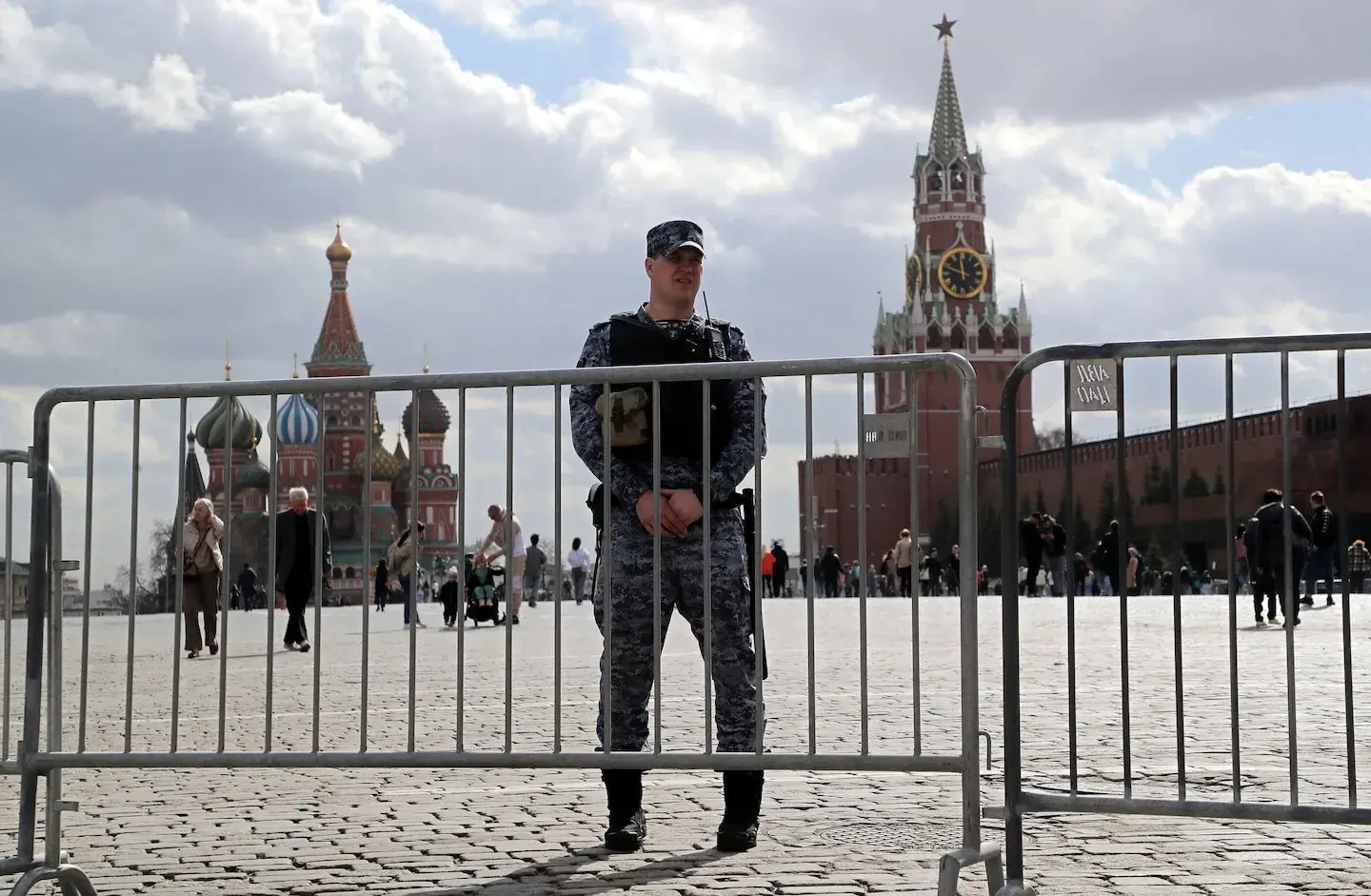In an ongoing campaign that seeks to influence congressional and other political debates to stoke anti-Ukraine sentiment, Kremlin-linked political strategists and trolls have written thousands of fabricated news articles, social media posts and comments that promote American isolationism, stir fear over the United States’ border security and attempt to amplify U.S. economic and racial tensions, according to a trove of internal Kremlin documents obtained by a European intelligence service and reviewed by The Washington Post.
One of the political strategists, for instance, instructed a troll farm employee working for his firm to write a comment of “no more than 200 characters in the name of a resident of a suburb of a major city.” The strategist suggested that this fictitious American “doesn’t support the military aid that the U.S. is giving Ukraine and considers that the money should be spent defending America’s borders and not Ukraine’s. He sees that Biden’s policies are leading the U.S. toward collapse.”
The documents — numbering more than 100 and dating between May 2022 and August 2023 — were provided to The Post to expose Kremlin propaganda operations aimed at undermining support for Ukraine in the United States, as well as their scale and methods. The files are part of a series of leaks that have allowed a rare glimpse into Moscow’s parallel efforts to weaken support for Ukraine in France and Germany, as well as destabilize Ukraine itself.
This is the best summary I could come up with:
Russia has been ramping up its propaganda operations as part of a second front that current and former senior Western officials said has become almost as important for Moscow as the military campaign in Ukraine — especially as congressional approval for further aid has become critical for Kyiv’s ability to continue defending itself.
Propaganda operatives have used another technique to spread just a web address, rather than the words in a post, to frustrate searches for that material, according to the social media research company Alethea, which called the tactic “writing with invisible ink.” Other obfuscation tricks include redirecting viewers through a series of seemingly random websites until they arrive at a deceptive article.
Sergei Kiriyenko, the Kremlin’s first deputy chief of staff, called in the team of political strategists already working on campaigns to weaken backing for Kyiv in Europe, including Gambashidze, and asked them to expand their efforts, the documents show.
As the Biden administration prepared once again this spring to try to push supplemental funding for Ukraine through Congress, sites linked by Microsoft and other social media researchers to the Kremlin campaign launched fresh attempts to spread misleading content over immigration and the border with Mexico.
One of the most successful claims was disseminated by DC Weekly — a respectable-seeming internet outlet, which disinformation researchers at Clemson University traced back to domains affiliated with a former American police officer, John Mark Dougan, who has reinvented himself as a pro-Russian journalist in Ukraine’s eastern Donbas region.
One pro-Ukraine senator, North Carolina Republican Thom Tillis told CNN that the debate on aid had been halted in part because some politicians said they were concerned about the corruption allegations and the notion that “people will buy yachts with this money.”
The original article contains 2,128 words, the summary contains 290 words. Saved 86%. I’m a bot and I’m open source!


